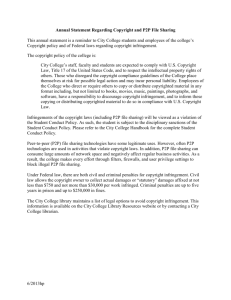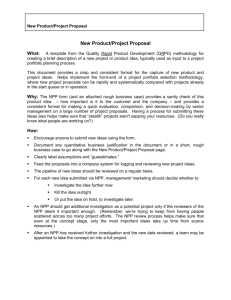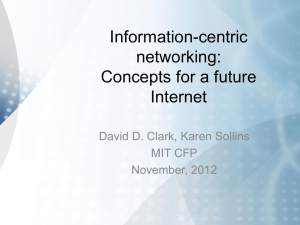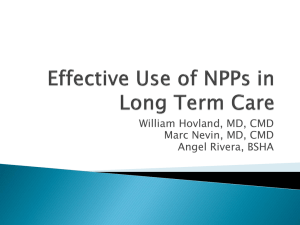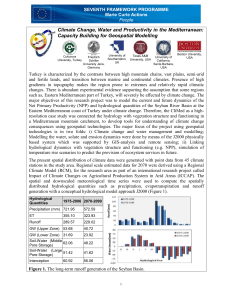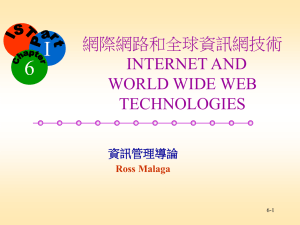P2P vs CDN: Perspective from Vendors and ISPs
advertisement
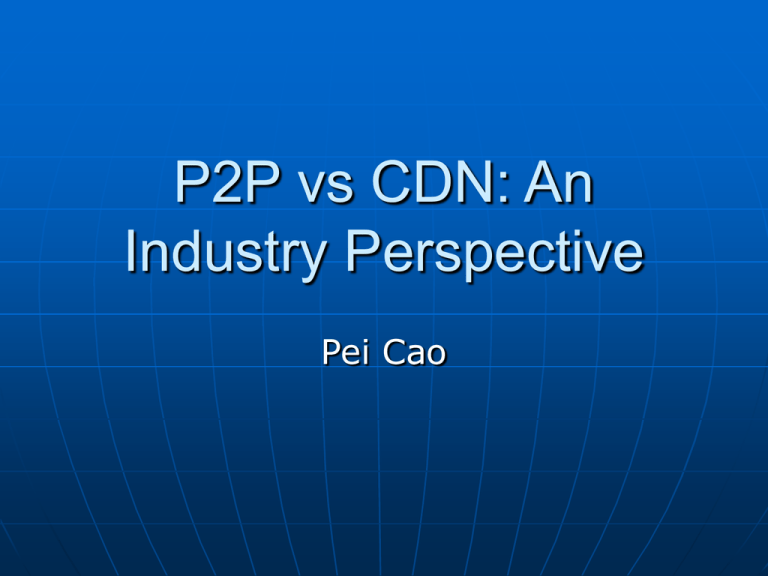
P2P vs CDN: An Industry Perspective Pei Cao P2P CDNs With the exception of Skype, almost all P2P systems are essentially content distribution networks (CDNs) • Kazaa, BitTorrent, etc. The Cost-Transfer Effect: the cost of content distribution is borne by the network provider, not the content provider • vs. itunes, YouTube, etc. Legal CDNs Cache-based CDNs are the most networkefficient delivery mechanism • the only way to make sure data traverse a link only once However, US equipment vendors do not provide cache support for fear of lawsuits Are P2Ps only useful for violating copyright? P2P for Legal Content Inherent advantages of P2P over CDNs • No high initial costs No cache installations for ISPs Practically zero cost for content providers • Supply grows linearly with demand • End-host driven application-level routing Many legal content providers want to use P2P • Warner Brothers, Apple iTunes (rumored) Challenges for Legal-Content P2Ps User demand for QoS = Cost of content to end user Challenges for providing QoS • Research problems: QoS on top of heterogeneous and dynamic peers Provide QoS against DDoS attacks • Need cooperation from network service provider Research issue: a way for P2P to be trafficengineered by ISPs Need a pricing structure Predictions Content providers will use peers to reduce their delivery costs • as long as the QoS issues are figured out… Equipment vendors will cache for legal peers • Peers and ISP-based CDNs co-exist and collaborate Delivery agreements between content providers and Cable/DSL ISPs

